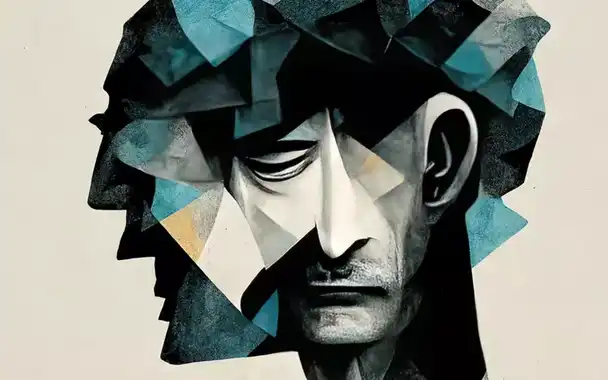The pleasure paradox
Most agree that health is better than sickness, abundance is better than poverty, and peace is better than war. But many now point to a fundamental problem. Despite better access to healthcare, education, and more disposable income, cases of depression have increased by over 50% worldwide since 1997. Research shows that richer countries have higher rates of anxiety than poorer ones, whilst happiness has been declining across the board in the most developed countries for more than a decade. And recent studies from Stanford University demonstrate that too much comfort in the short term could lead to pain in the longer term.Should we give up the view that life is simply about aiming for positive experience and comfort and instead see struggle and well-being as two sides of the same coin? Should we abandon the central claim of government policy that better living standards lead to greater well-being? Or would this be a dangerous move that would threaten the progress made in the past few centuries and irrevocably change the character of our culture?


Add comment